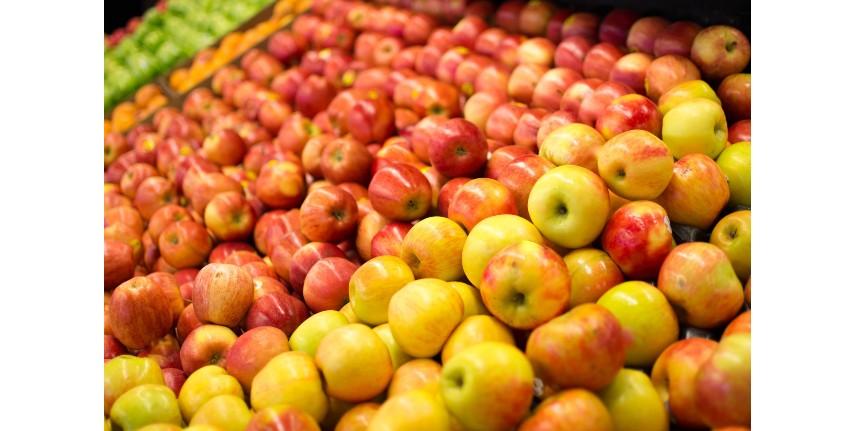
This popular event, with over 260 registered attendees, chaired by Professor James Wood, was a wide-ranging and fast-paced discussion on food waste, its causes, and possible solutions.
Primarily looking at the situation in the UK, our expert panel explained the extent of the issue, the importance of modifying consumer behaviour and the role of the retail sector.There was a focus on how waste food used as pig feed could be a solution to the problem, as well as the economic and environmental benefits of doing so.
Dr Phil Baynes explained the extremely challenging situation currently faced by UK pig farmers, who are going out of business due to a combination of recent large increases in feed prices and the low price paid for pig meat. Food waste is not currently used as animal feed in the UK but doing so could reduce feed costs by as much as 40%.
Research by Dr Karen Luyckx and her colleagues at Feedback Global has shown that, in terms of land-use, it is more efficient (and therefore environmentally friendly) to feed food waste to animals and for humans to be omnivores, than it is for all humans to eat a vegan diet. Dr Luyckx pointed out the need to tackle over-production of food and challenge imbalances in the food supply chain, so farmers no longer bear the brunt of market fluctuations and climate change, as is currently seen so clearly amongst UK pig farmers.
Dr Christian Reynolds gave a summary of the numerous and interdependent ways that food waste could potentially be reduced. He pointed out that as the population grows, so the problem of food waste grows because this is a per capita problem (especially as nations become more industrialised). He told us that modifying consumer behaviour, on average, produces a 14% reduction in food waste. He outlined other solutions, including changing food pricing, but warned that raising prices could mean increasing food-poverty.
Food retail faces many strategic challenges to reduce food waste. Professor Yasemin Kor explained the ‘race to the bottom’; the low margins that result when retailers chase consumer demand by offering a huge range of products at artificially low prices. This approach relies on over-production and results in more food in the shops than we can eat. A solution could be to move towards a more community-orientated, well-being-focussed style of retail, which could also help farmers hedge against uncertainty, and, in the case of UK pig farmers, literally save their bacon.
Please find the event recording here. And if you could answer a few questions on the event please follow this link - thank you!
More about our Panel:
Professor Yasemin Kor (Judge Business School, Cambridge University)
The event was chaired by Professor James Wood



